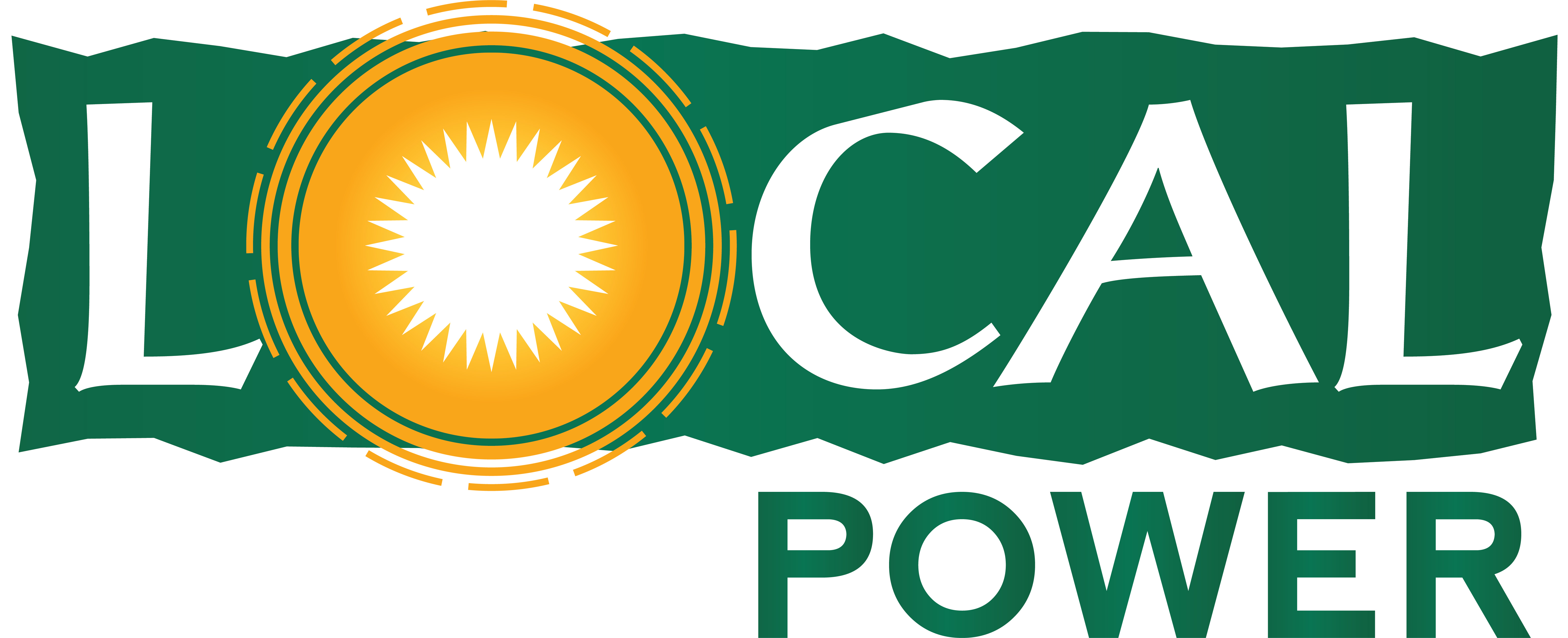Contrary to popular belief, sunny weather isn’t a strict requirement for solar energy. Ireland, though not renowned for its sun, is increasingly gravitating towards solar power. For businesses, farms and homes contemplating renewable energy sources to curb their electricity bills, solar energy presents a promising avenue. But how does solar energy fare in the Irish context, and is it a worthy investment?
Demystifying solar energy
Solar energy essentially translates to harnessing the sun’s heat or light to produce electricity. In nature, this is reminiscent of plants engaging in photosynthesis. For human applications, this energy source is tapped using solar panels, which transmute sunlight into usable electricity.
Three predominant types of solar panels, each with unique features, are:
- Photovoltaic Solar Panels
These panels employ the photovoltaic effect to change sunlight into electricity. As a bonus, they can also facilitate hot water heating. - Thermodynamic Solar Panels
By circulating a very cold refrigerant, these panels absorb heat from the ambient atmosphere and the sun’s infrared rays to produce hot water. - Solar Thermal Panels
These panels are designed to directly absorb heat from the sun, akin to how dark-colored objects get warm under sunlight.
Among these, photovoltaic panels take the crown for being the most popular, given their operational efficiency even in indirect sunlight and their prolonged lifespan. Additionally, the SEAI offers grants that can subsidize the installation costs for these panels.
A glimpse into solar energy in Ireland
Some facts about solar energy in Ireland include:
- The country’s temperate climate is conducive for solar energy.
- Photovoltaic panels qualify for SEAI grants.
- Solar energy is infinite and eco-friendly.
- Minimal upkeep is needed for solar panels.
- Within 3-4 years, solar panels can recoup their installation costs in Ireland
Efficiency of solar energy: the Irish scenario
One might wonder about the efficacy of solar panels in a region like Ireland, known for its mild climate rather than scorching sun. Yet, solar panels don’t strictly demand blistering sun. Even under cloudy skies, they can function, albeit at a slightly reduced efficiency.
Typically, solar panels boast an energy conversion rate ranging from 15% to 22%. While this might seem modest, it’s crucial to note that a sufficient number of panels, when combined, can form a large part of the energy puzzle for farms and businesses.
During rainy or overcast days, the efficiency dips but doesn’t nullify. The ambient daylight, even if diminished, is sufficient for the panels, particularly photovoltaic ones, to generate electricity.
However, solar panels, no matter how efficient they become,can’t produce electricity at night. For round-the-clock energy access, integrating a battery storage system with solar panels might be the way forward.
Technology and energy prices
The technology itself has never been more efficient and the cost of solar panels are still close to historically low levels. Analysts expect costs to trend upwards over the coming decade. This is due to shortages in the raw materials used to manufacture solar panels. Yet, due to the continuous improvement in the economics of solar and the prospect of increasing electricity prices , solar PV makes strong commercial sense in many settings.
Predictability
Solar PV systems have a reliable output that is predictable to within 2% each year. This means, if designed and installed by an experienced team, you can expect a sustainable return on your investment.
Public Policy
Public policy complements all the above factors. Grants are available for both homeowners, businesses and farms. With the imminent prospect of a feed-in tariff, now is an opportune time to invest.
Electricity prices for businesses in Ireland
Average electricity price to business in Ireland. Source: SEAI


